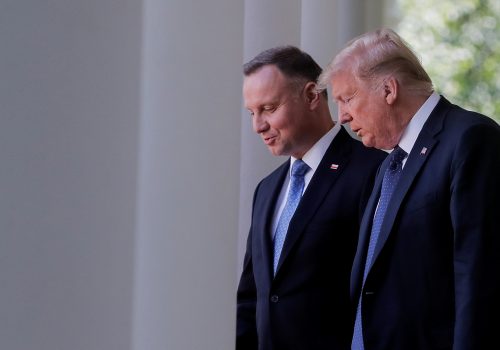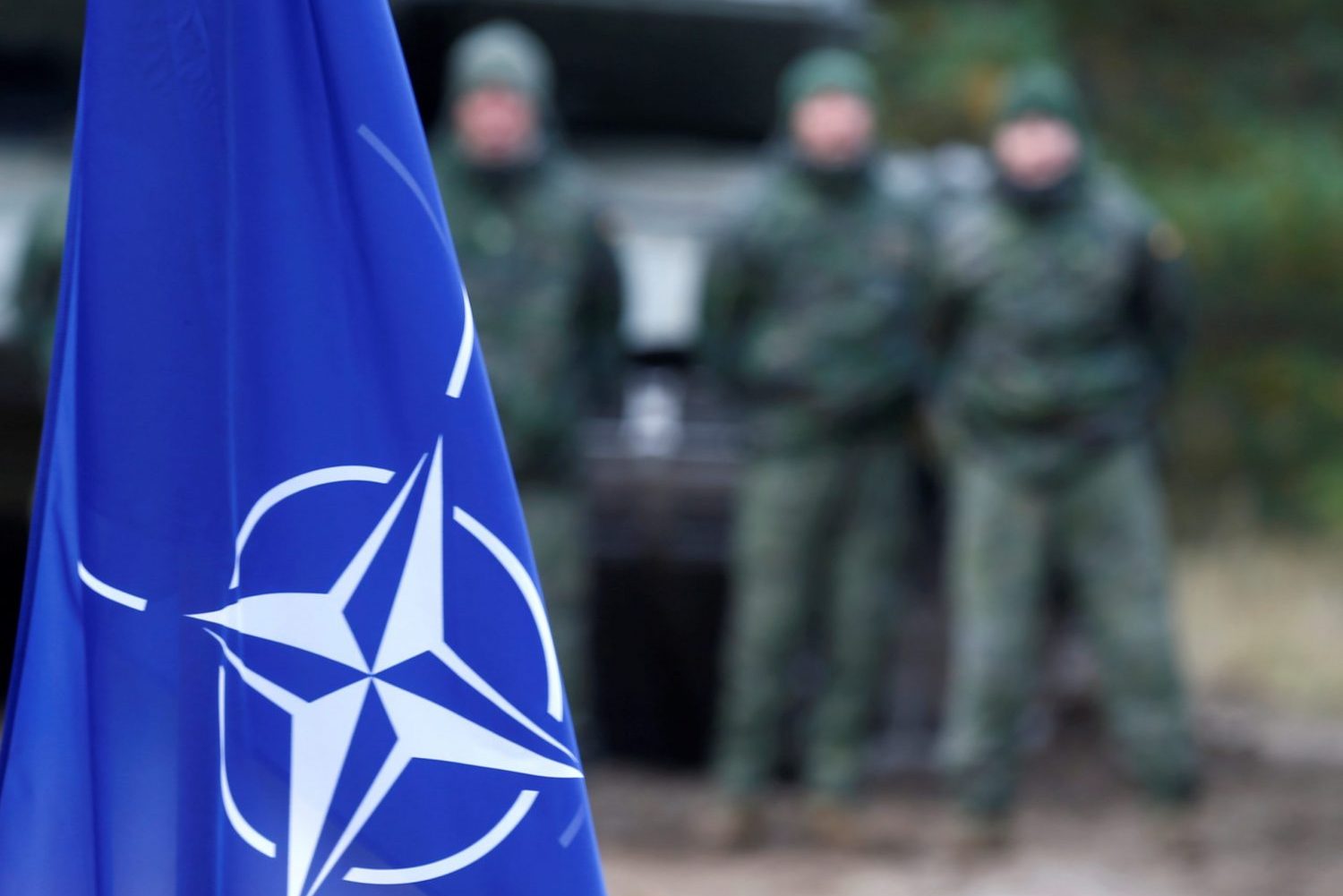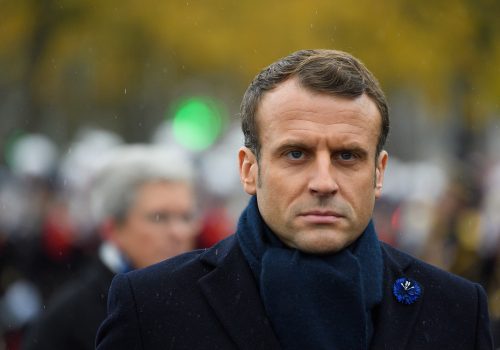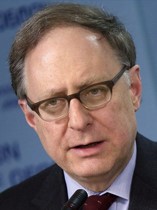NATO played a critical role in stabilizing Europe after World War II, preventing great-power conflict and overcoming Cold War divisions after 1989. Three decades after the Cold War, great-power competition has returned to the global stage. Is NATO still a relevant force to manage the challenges to the international order of the twenty-first century and the great powers testing its limits? How can the alliance adapt to the issues presented by the COVID-19 pandemic, and does the post-coronavirus NATO look different from the alliance of today?
Spurred by challenges such as the Kremlin’s aggressive expansionism, an increasingly adversarial relationship with China, weaknesses on NATO’s southern flank, the necessity of climate resilience, anti-NATO domestic sentiment in some member-states, and the threat of reckless actors on the international stage, NATO faces a unique opportunity to re-evaluate its guiding principles. Now more than ever, policymakers must choose what the NATO of tomorrow will look like.
This event is co-hosted in partnership with the Charles Koch Institute and the Atlantic Council’s Transatlantic Security Initiative. Ambassador John Herbst, director of the Atlantic Council’s Eurasia Center, and Ambassador Alexander Vershbow, distinguished fellow at the Atlantic Council’s Scowcroft Center for Strategy and Security, face off against John Mearsheimer, the R. Wendell Harrison Distinguished Service Professor in the Political Science Department at the University of Chicago, and Dr. Sara Moller, an assistant professor of international security at Seton Hall University’s School of Diplomacy and International Relations. Dr. Kori Schake, the Director of Foreign and Defense Policy Studies at the American Enterprise Institute, will moderate the debate.

RELATED experts

The Eurasia Center’s mission is to promote policies that strengthen stability, democratic values, and prosperity in Eurasia, from Eastern Europe in the West to the Caucasus, Russia, and Central Asia in the East.




